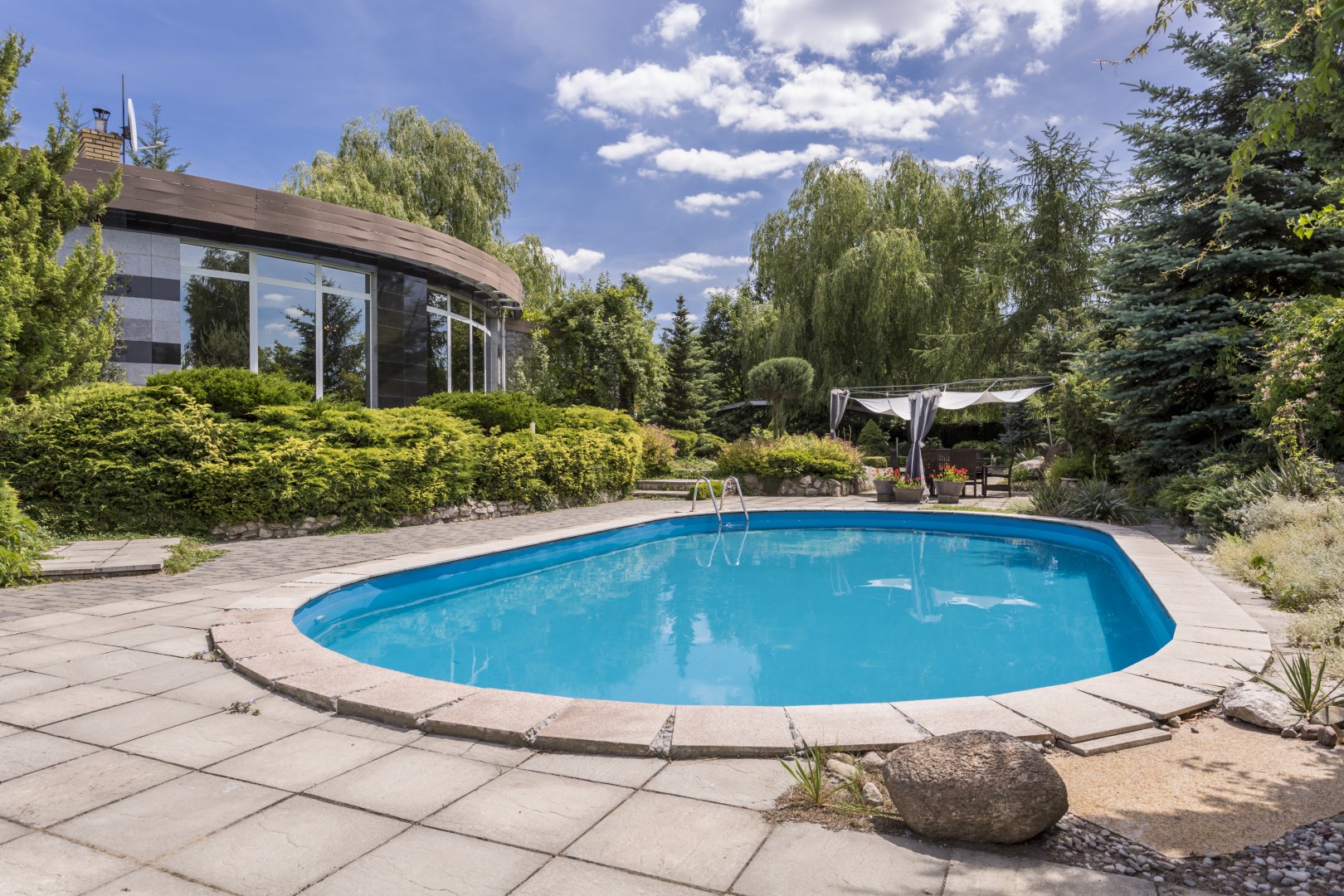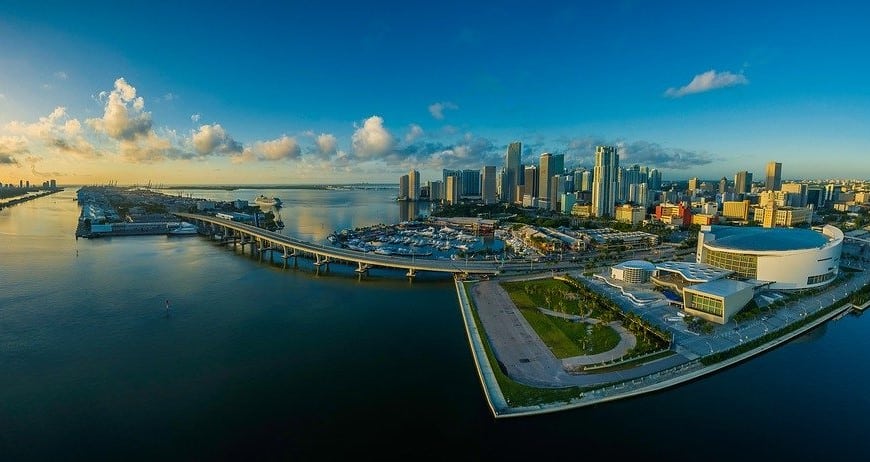If you own a fibreglass pool, you understand the importance of maintenance for preserving its elegance and extending its lifespan. Fibreglass pools are affordable and require less maintenance compared to other pool types, but they still need care to stay in top shape.
Implementing these effective maintenance tips for fibreglass pools can significantly impact your pool’s longevity and aesthetics. Adopting a consistent upkeep routine is not merely an optional chore but an essential part of owning a fibreglass pool.
Regular Cleaning for Fibreglass Pools
Regular cleaning is the first line of defence in the upkeep of a fibreglass pool. It not only keeps the pool looking pristine but also plays a critical role in preventing algae growth and maintaining water clarity. Algae, if left unchecked, can cause slipperiness and clog filters, while unclear water can be a sign of deeper chemical imbalances.
Why Regular Cleaning Matters
Establishing a routine is vital. Aim to clean your fibreglass pool once a week to keep it sparkling and healthy. During peak usage in summer months, you may need to increase this frequency.
Maintaining Balanced Water Chemistry
The key to keeping your fibreglass pool healthy and looking its best is maintaining balanced water chemistry. This is important for several reasons:
- Health: Balanced water chemistry ensures that your pool is safe for swimming, with no harmful bacteria or organisms present.
- Appearance: When the water chemistry is off, it can result in cloudy or discoloured water, making your pool look less inviting.
- Durability: Unbalanced water chemistry can also damage the pool itself over time, leading to issues like algae growth or deterioration of the pool’s finish.
Here are the essential factors to monitor and adjust for balanced water chemistry in your fibreglass pool:
Sanitiser Levels
Sanitisers such as chlorine or bromine play a crucial role in keeping your pool water clean by eliminating bacteria and other contaminants. It’s essential to maintain the proper sanitiser levels:
- For chlorine, aim for a range of 1-3 ppm (parts per million).
- For bromine, keep it between 3-5 ppm.
Regularly testing and adjusting these levels will ensure effective sanitisation without causing irritation to swimmers’ skin and eyes.
pH Levels
The pH level indicates how acidic or basic your pool water is. It’s important to keep it within the recommended range of 7.4-7.6:
- A high pH can lead to issues like scaling on the pool surface.
- On the other hand, a low pH can cause equipment corrosion and discomfort for swimmers.
Maintaining proper pH balance not only protects your pool but also enhances the effectiveness of sanitisers.
Alkalinity Levels
Alkalinity acts as a buffer for pH, helping to prevent rapid fluctuations. For fibreglass pools, aim for alkalinity levels of about 80-120 ppm (parts per million). This range ensures stability in pH levels and supports the overall balance of your pool water.
Calcium Hardness Levels
Calcium hardness refers to the amount of dissolved calcium in your pool water. It’s important to maintain the ideal range of 200-400 ppm:
- Insufficient calcium hardness can lead to plaster erosion.
- Excessive levels may cause scaling on pool surfaces and equipment.
Regular testing and adjustments, if necessary, will help prevent these issues and keep your pool in top condition.
Cyanuric Acid Levels
Cyanuric acid (also known as stabiliser or conditioner) helps protect chlorine from degradation due to sunlight exposure. Aim to keep cyanuric acid levels around 30-50 ppm:
- Too little cyanuric acid can result in rapid chlorine loss.
- Excessive levels may reduce chlorine’s effectiveness.
Maintaining proper cyanuric acid levels ensures that your sanitiser remains stable, reducing the need for frequent chlorine adjustments.
Metal Levels
Certain metals, such as iron or copper, can cause staining or discoloration in pool water. It’s essential to test for these metals and take appropriate measures to prevent issues:
- Use specific metal tests available in the market.
- Follow guidelines for acceptable levels based on the specific metal detected.
By addressing any metal imbalances promptly, you can avoid potential damage to your fibreglass pool’s appearance.
Mastering these parameters will help you with your inground pool maintenance for melbourne homeowners, helping your pool to last longer with minimal problems.
Ensuring Proper Filtration with Regular Filter Maintenance
Maintaining your fibreglass pool’s filter throughout the year is crucial. This ensures that the water stays clean and clear, creating a safe swimming environment.
Key Benefits of Regular Filter Maintenance
Regularly maintaining your pool filter offers many advantages:
- Prevents build-up: Cleaning it regularly stops dirt and debris from piling up, which could otherwise affect the filter’s performance.
- Improves longevity: Regular checkups can help prolong your filter’s lifespan by identifying and addressing problems early on.
- Keeps water clear: A well-maintained filter effectively removes impurities, resulting in crystal-clear water.
While it’s important to prioritise cleanliness, you should also pay attention to other factors such as water levels in your pool. In the next section, we’ll explore how maintaining appropriate water levels can impact your fibreglass pool’s structure and how you can manage them effectively.
Monitoring and Managing Water Level
Maintaining the water level in your fibreglass pool is crucial for keeping it strong and sturdy. When the water level goes up and down, it can put pressure on the pool shell and cause damage. If the water level drops too low, it can even harm your pump system by reducing water flow.
Here are some important things to keep in mind when taking care of your fibreglass pool’s water level:
- Regular Water Level Checks: Make it a habit to regularly check your pool’s water level. Ideally, the water should be at the centre level of your pool skimmer or pool tile for optimal performance and prevention of structural damage.
- Managing Water Levels During Heavy Rains: During heavy rainfall, keep an eye on your pool because the rain can make the water level rise too high and overflow.
- Preventing Ground Popping: Ground popping happens when groundwater puts pressure on the pool and lifts it out of the ground. To prevent this, always make sure that your pool’s water level never falls drastically low.
If you notice big changes or have trouble keeping the water levels right, don’t hesitate to get help from professionals. Keeping a close watch on and managing your fibreglass pool’s water level will help it stay strong and safe for swimming.
Knowing When to Seek Professional Assistance
While most homeowners can handle the day-to-day maintenance of a fibreglass pool, there are times when it’s not just helpful but necessary to get professional help for fibreglass pool maintenance. It’s important to know when to bring in an expert so that your pool stays in the best possible condition.
Regular Inspections
Hiring a professional for regular inspections can help catch potential problems before they become expensive repairs. An experienced person can notice subtle changes in your pool’s condition that you might not see.
- Annual Check-ups: Setting up a yearly inspection with a qualified technician can ensure that your pool is working well and possibly even make it last longer.
- Comprehensive Assessments: Professionals can do a thorough evaluation of everything in your pool, including filtration systems, safety features, and overall structure.
Maintaining a fibreglass pool effectively is not difficult, as long as you have a consistent upkeep routine. Every part of the maintenance process, such as regular cleaning, balanced water chemistry, and filter maintenance, plays a role in keeping your pool looking good and lasting long. It’s important to remember that these steps are not independent of each other. They all work together to protect your pool.
Discover more from Futurist Architecture
Subscribe to get the latest posts sent to your email.



